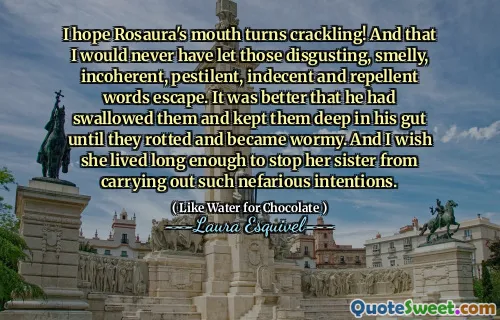A mouth of no distinction but well practiced, before I entered my teens, in irony. For what is irony but the repository of hurt? And what is hurt but the repository of hope?
In "Faithless: Tales of Transgression," Joyce Carol Oates reflects on the complexities of human emotions. She describes a sense of irony cultivated during her early teenage years, suggesting that irony serves as a defense mechanism against deeper feelings. It highlights the contradictions within us, often shielding us from the pain of our experiences.
Oates further explores the relationship between hurt and hope, asserting that pain can lead to a sense of longing for something better. This intertwining of irony, hurt, and hope illustrates a profound understanding of the human condition, where struggle often coexists with the desire for redemption and meaning.



